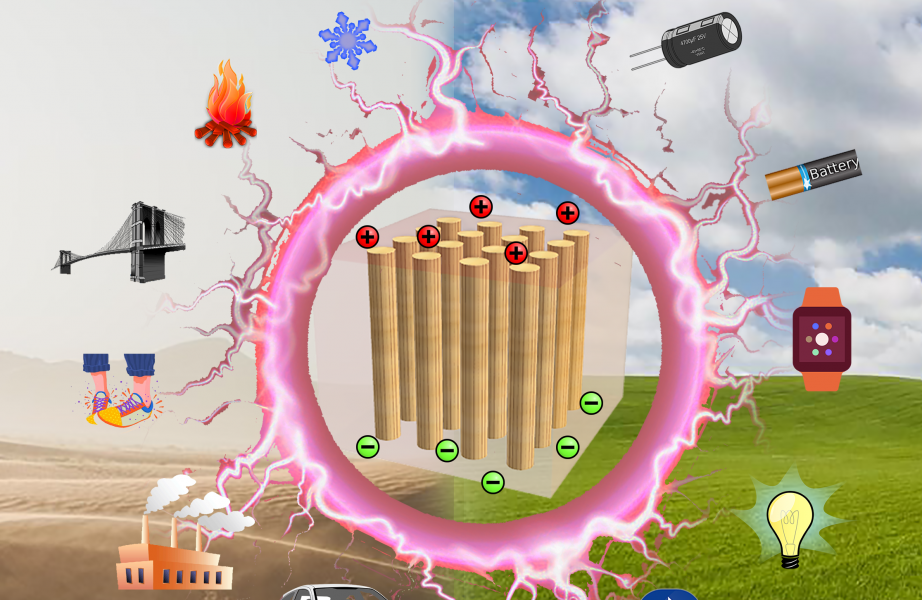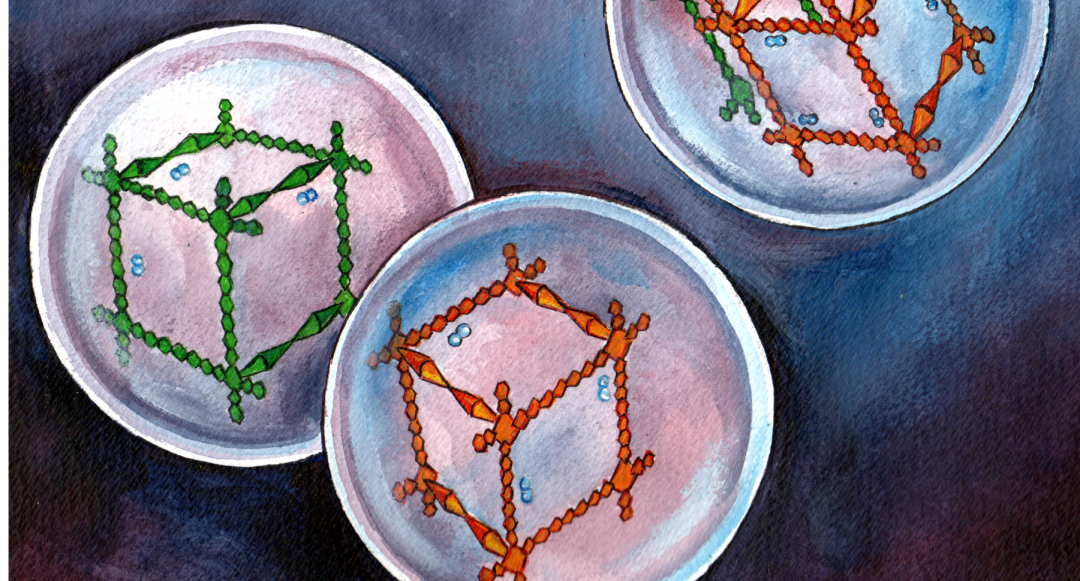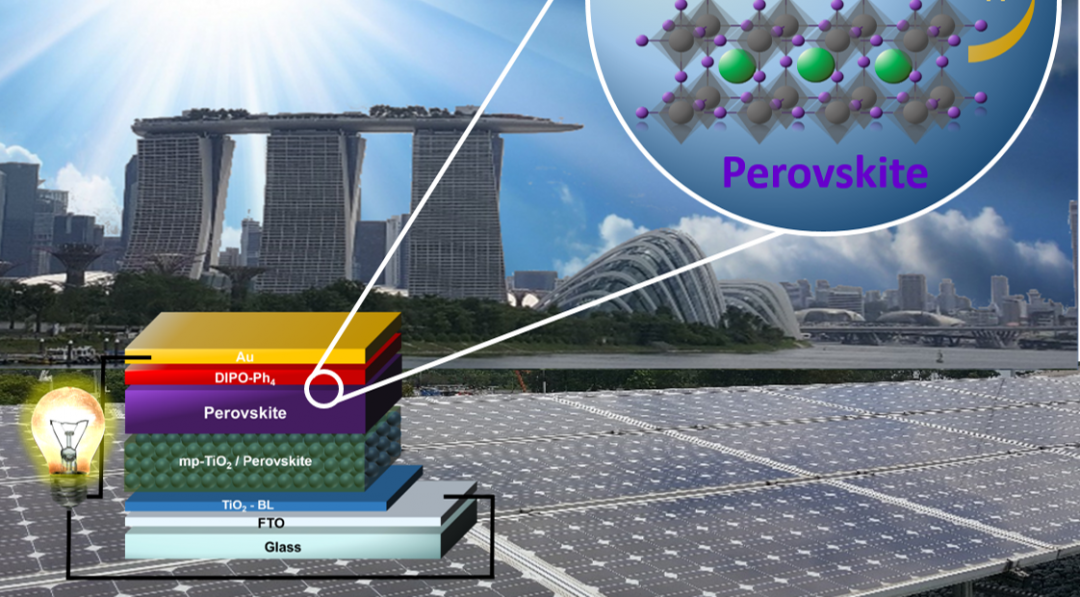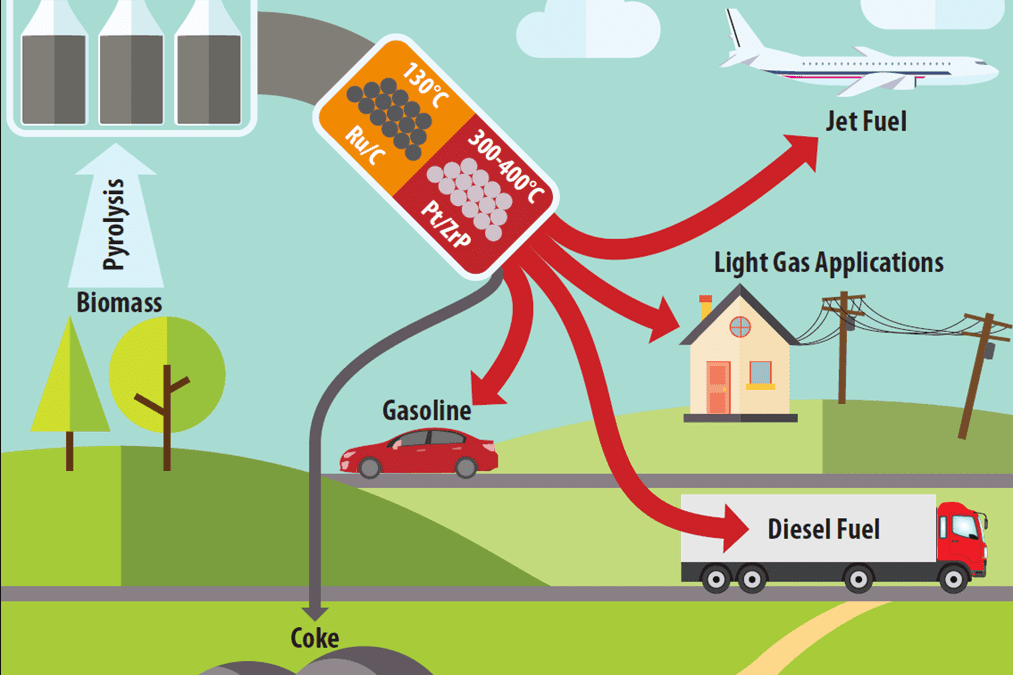Researchers explore an alternative, green supercapacitor concept that relies on seawater and carbon fibers derived from waste cotton.


Researchers explore an alternative, green supercapacitor concept that relies on seawater and carbon fibers derived from waste cotton.

Researchers propose printing electrodes for lithium-ion batteries on an inkjet printer, which will reduce the electrodes’ thickness by 10-20 times.

Desalination technology by ferrocyanide ion-immobilized polysilsesquioxane films.

Dr. Rahul Vaish discusses his recent article on lead-free pyroelectric materials for energy harvesting, which brings new insights on the development of this technology for the efficient harvesting of thermal energy from waste heat.

Environmental implications of technological improvements in photovoltaic manufacturing in Europe and China.

Interview with Dr. Karsten Müller and Timo Rüde of the Friedrich-Alexander-Universität Erlangen-Nürnberg, Germany about their recent work on liquid organic hydrogen carrier (LOHC) systems and the recent Special Issue of Energy Technology on Hydogen Storage Materials, Carriers, and Processes.

Prof. Subodh Mhaisalkar of Nanyang Technological University, Singapore discusses the future of perovskite optoelectronics in an interview with the editors of Energy Technology.

In an important step forward for wearable electronics, researchers design and build a set of “solar glasses”, which integrate transparent solar cells into the lenses and electronics into the frames, to measure and display the instantaneous light intensity and ambient temperature.

Prof. Elizabeth Biddinger talks about her recent article on copper-based catalysts for carbon dioxide electroreduction, which brings new insights towards the renewable conversion of carbon dioxide, a well-known greenhouse gas, into green fuels and chemicals.

Professor Christos Maravelias of the University of Wisconsin–Madison, USA, and Dr. Jeffrey Herron, now of The Dow Chemical Company talk about their recent article on a systems level approach to biomass upgrading strategies for the next-generation biorefinery.